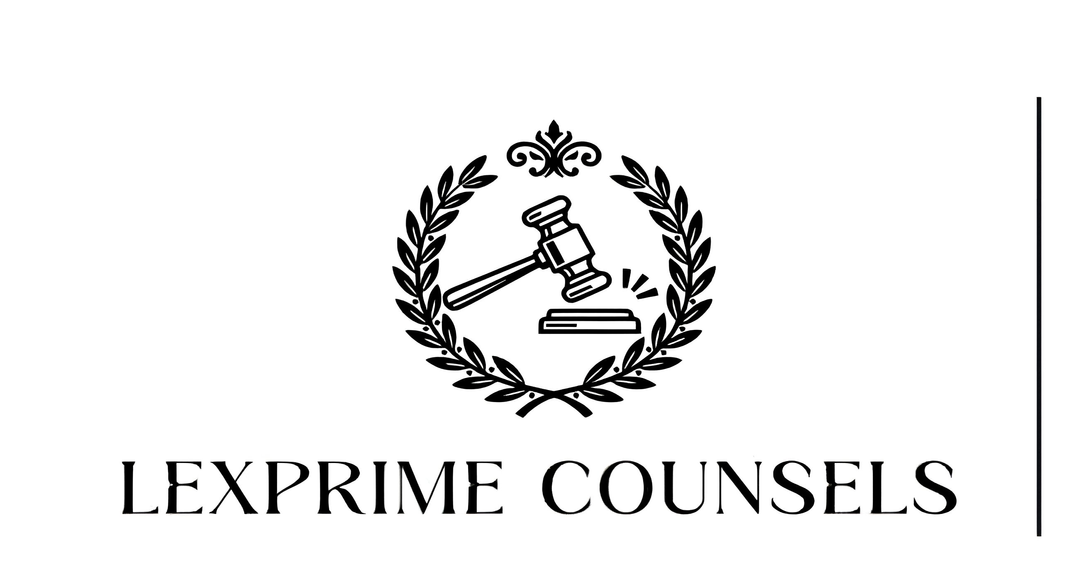Starting and running a business involves more than just great ideas and hard work — it also requires a solid legal foundation. Protecting your business legally not only shields you from potential risks but also builds credibility with clients, investors, and partners.
Here are key steps every business owner should take to stay legally protected.
1. Choose the Right Business Structure
Your business structure determines your level of personal liability and how your taxes are handled.
Common structures include:
- Sole Proprietorship – Simple to start, but you’re personally liable for all debts.
- Partnership – Shared ownership and liability between partners.
- Limited Liability Company (LLC) – Separates your personal assets from your business, providing greater protection.
- Corporation – Ideal for larger businesses seeking investors and limited liability.
Consult a lawyer or accountant to choose the structure that best fits your business goals.
2. Register Your Business
Operating without proper registration can expose you to fines or even closure.
Ensure your business name is registered with the relevant government agency, obtain necessary licenses or permits, and comply with industry regulations. This formalizes your business and grants it legal recognition.
3. Protect Your Intellectual Property (IP)
Your brand name, logo, product designs, and content are valuable assets. Protect them through:
- Trademarks – For your business name, logo, or slogan.
- Copyrights – For creative works like photos, videos, or written content.
- Patents – For unique inventions or product designs.
Registering your IP prevents others from copying or profiting from your ideas.
4. Draft Solid Contracts
Never rely on verbal agreements. Every deal, partnership, or service should be backed by a written contract that clearly outlines:
- Roles and responsibilities
- Payment terms
- Confidentiality clauses
- Dispute resolution methods
Having clear contracts minimizes misunderstandings and offers protection if conflicts arise.
5. Separate Personal and Business Finances
Mixing personal and business funds can cause serious legal and tax issues.
Open a dedicated business bank account and use it for all company transactions. This makes your records cleaner, simplifies accounting, and reinforces your business’s legal independence.
6. Comply with Employment Laws
If you have employees, make sure you’re following labor laws.
This includes:
- Fair wages and benefits
- Safe working conditions
- Proper contracts and documentation
- Adherence to tax and social security contributions
Non-compliance can lead to lawsuits or penalties that may damage your business reputation.
7. Maintain Proper Records
Keep accurate financial records, tax filings, and copies of all contracts.
In case of audits or disputes, well-organized documentation serves as your strongest defense. Many legal issues are easily resolved when records are clear and accessible.
8. Get Business Insurance
Insurance protects your business from unexpected financial losses.
Consider policies such as:
- General Liability Insurance – Covers accidents or property damage.
- Professional Liability Insurance – Protects against negligence claims.
- Property Insurance – Covers damage to business assets.
- Cyber Liability Insurance – Shields against data breaches or online threats.
Having insurance ensures you’re not personally bearing the cost of unforeseen incidents.
9. Seek Legal Advice Regularly
Even with the best precautions, laws and regulations change over time.
Establish a relationship with a legal professional who understands your industry. Regular consultations can help you stay compliant and spot risks before they become costly problems.
✅ Final Thoughts
Legal protection is not just about avoiding lawsuits — it’s about building a stable foundation for your business to grow.
By registering properly, using solid contracts, protecting your intellectual property, and staying compliant, you can run your business with confidence and peace of mind.


Can I know more please?